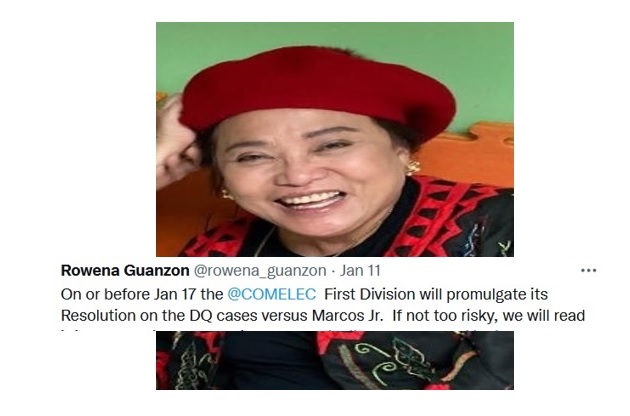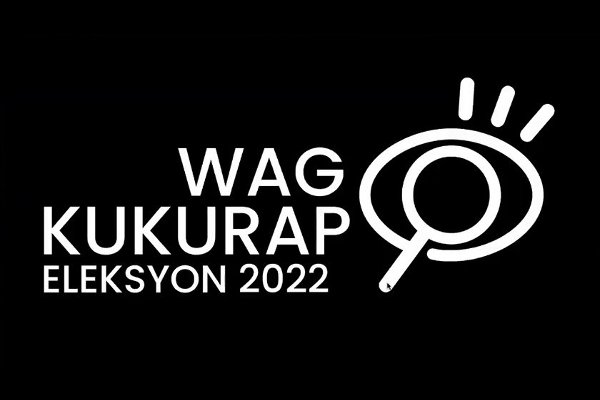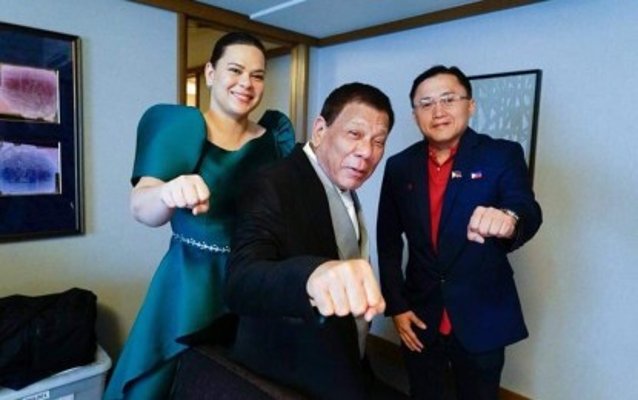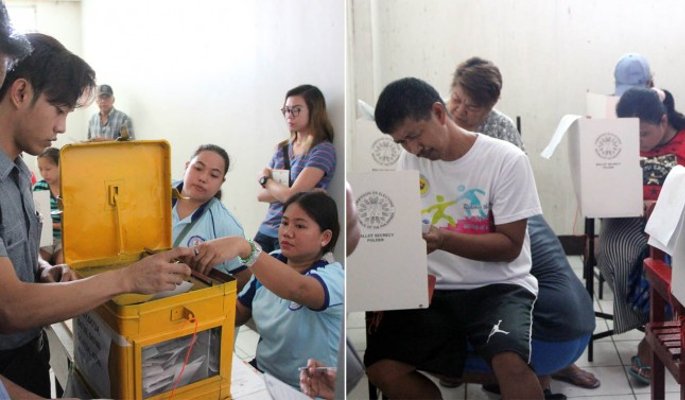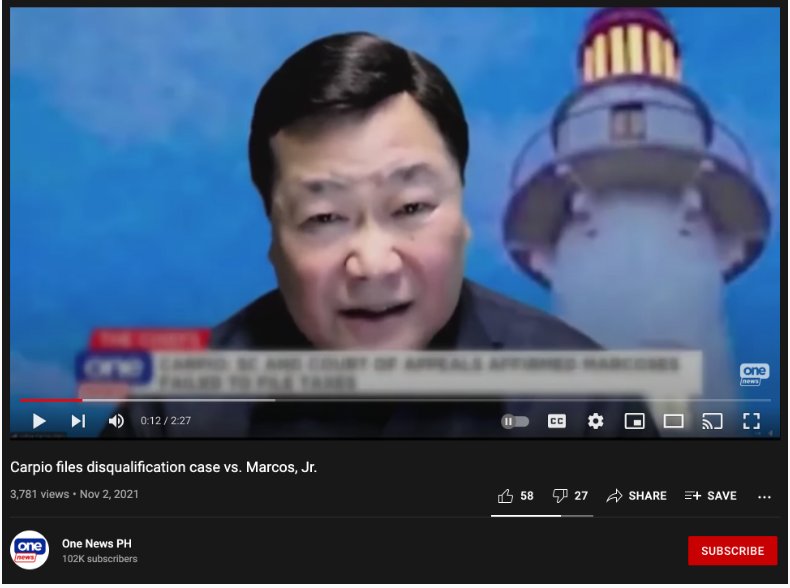When the first Ferdinand Marcos was ousted from power almost a month short of forty years today, the Philippines could have been plunged into civil war.
I say this because while parts of Metro Manila was clearly supportive of the combined efforts of forces and interests to remove Marcos – Gen. Fidel Ramos, Defense Minister Juan Ponce Enrile (and elements of the Armed Forces that were loyal or sympathetic to them) and the anti -Marcos political forces led by Cory Aquino, a bevy of the old elite that had been displaced by the Marcos cronies plus elements of the Left – there were civilian and military elements within Metro Manila itself that were still loyal to the President and the First Lady.
Not to mention elsewhere across the country, from the Solid North to the sympathetic factions in Mindanao.
The threat of a protracted civil war was real – one that we have seen unfold in so many other countries before and after 1986, countries in Africa as well as Asia and Latin America. All Marcos had to do was retreat to his Solid North and there he could hold out forever.
But Ronald Reagan, an old Marcos friend, stepped in, moved in part perhaps to save his friend from the the type of fate that befell the likes of Mussolini in 1945 – and would befall Nikolae Ceausescu of Romania in 1989 and Saddam Hussein and Moammar Gaddafi much later. In part also I suspect that Reagan was moved to act to spare the Philippines from civil war, stabilize a “client state” and help install a friendly government with all the IOUs that come with it.
But by the very same act of “saving” us, Reagan and the Americans aggravated a social and political wound that has remained unhealed to this day. And forty years later we face another potential powder keg in the disqualification cases against the younger Ferdinand Marcos, soon to be decided by the Comelec and most probably appealed to the Supreme Court.
But should this issue be mishandled, or is not farfetched to worry about civil war: only this time who will step in to save us?
Whenever a political matter is settled not by ballots but by other legal means – as in the case of the Bush and Gore campaigns that the US Supreme Court settled – much actually remains unsettled. Taking the matter outside the ballot box deals the electoral process grievous damage, and with it the faith of the people on their power as electors.
At the same time however, the rule of law requires that disputes of a legal nature have to be dealt with in a manner as dispassionate as possible, if the rule of law concept is to be strengthened especially in a struggling democratic society. But the result of these two separate tugging actions is the multifaceted conflict we are facing today as we await the Comelec decision. Difficult cases may make great law, we were often told in law school; but they sure equally pose as great a danger as an opportunity to political stability where, as here, we all wish to see the law applied without fear or favor.
And sometimes the difficulty lies not so much in whether the case falls into the many grey areas of the law, but in the foreseeable and unforeseeable consequences of what some say should be a very clear decision.
But to return to my point in the beginning – if the US saved us from the potential of civil war after EDSA 1986, will there be someone or some outside force that can save us from the potential of civil war after EDSA (E Disqualified Siya) 2022?
The views in this column are those of the author and do not necessarily reflect the views of VERA Files.
